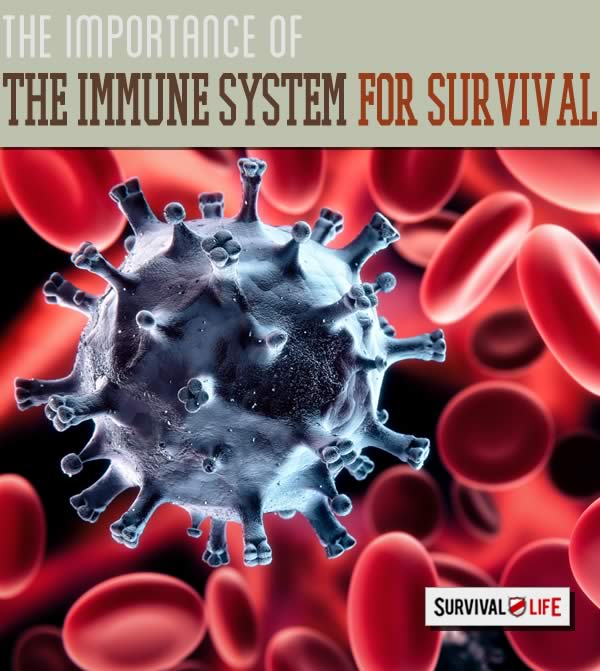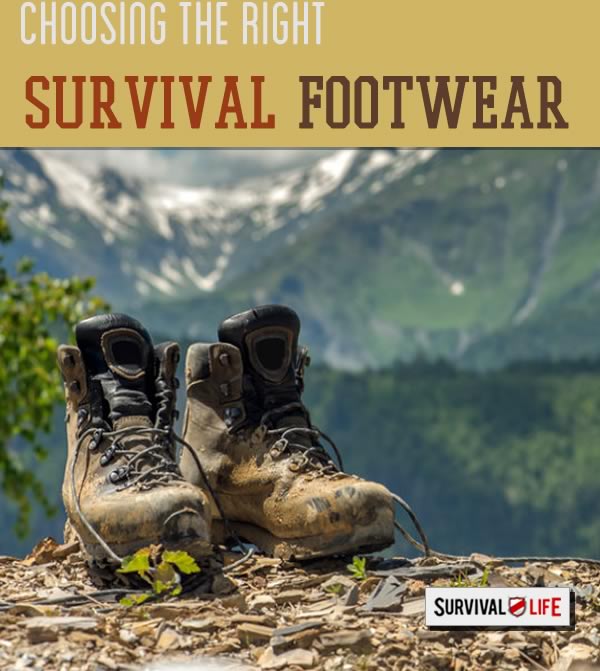Medical Care
The Importance of the Immune System for Survival

The human immune system is an integral part of the body which functions significantly in keeping the body strong and healthy. Its basic role is to combat infection allowing the body to function normally. When bacteria or any foreign material enters the body, the immune system immediately rescues the body and prevents damage from continuing. This is because coming in contact with infection is something unnatural for the body. For as long as the immune system is in its best condition, bacteria and infection are most likely to die down.
The Importance of the Immune System for Survival
The human body is exposed to trillions of germs every single day which can be found in the air we breathe, drinking water or food. There is no escaping from bacteria, and the body is always vulnerable to an attack by germs. When the immune system is weak, bacteria tends to be stronger and this is what makes the body susceptible to diseases.
To read the full article click here.
Immunity
I’ve been writing a lot about epidemics lately, including Ebola, EnterovirusD68, and others. I talk about immunity issues a lot in my articles, but I haven’t really explained what it is in much detail. In this article, I hope to give you a working knowledge of it and the various types of immunity that keep a community from running rampant with infectious disease.
Your immune system is a marvel, and probably saves your life every day from one harmful germ or another, and even zaps some microscopic cancers.
Let’s talk a bit about immunity as it relates to infectious disease. Immunity is the ability of your immune system to resist a particular infection or toxin. This can refer to resistance of an entire species (humans, for example, don’t get very many diseases that fish get) or the resistance of a particular individual to an illness. Typhoid Mary, for instance, was a domestic cook who carried the germ for Typhoid fever and passed it on to many others without ever getting sick herself. Immunity is affected by many factors, such as age, genetics, and stress from nutritional, environmental, or chronic illness, something we’ll all experience in a survival setting.
There are several levels of immunity. They are:
SHORT-TERM IMMUNITY
When an infectious agent is detected, the body responds by producing a large amount of white blood cells, an immune response which attacks the invader. Your body does this for every day. During an epidemic, the human population’s ability to generate white cells increases its resistance. It is this property of the human body that causes the epidemic to eventually collapse.
LONG-TERM IMMUNITY
The body’s defenses may retain a type of ‘memory’ of the offending organism. If the illness returns to the area, that memory causes the body to produce a faster and stronger response against it. This is especially true with viral infections, often giving lifetime protection. An example would be “Varicella”, a viral illness otherwise known as ‘chicken pox”. Once you have had chicken pox, you probably won’t get it again for the remainder of your life.
NATURAL IMMUNITY
A particular individual, or occasionally an entire species, might possess the ability to resist a pathogen due to genetic “memory” passed on from generation to generation.
via Immunity | Doom and Bloom (TM).
You can actually see how the immune system works rapidly in the body. For example, when getting cut on the skin, the redness and swelling surrounding the affected area is an indication that the immune system is fighting the invasion of bacteria. It brings more blood to the cut area so that heat can be created in order to repel the entry of germs.
Various diseases such as Lupus, Multiple Sclerosis, ALS (Amylotropic Lateral Sclerosis) and AIDS (Acquired Immune Deficiency Syndrome) characterize the immune system as being deficient. These diseases are also termed as “auto-immune” diseases because the body is being attacked by its own immune system. People with these health issues instantly succumb to opportunistic diseases such as pneumonia and respiratory infections.
Knowing that the immune system is an important part of the body, it has to be strong to be able to function properly. While food supplements and vitamins help boost the immune system, factors such as exercise, regular sleep and proper nutrition are essential in making it function appropriately.
Stay Clean, Stay Healthy, SURVIVE
A SHTF Medical Emergency You Probably Haven’t Considered…
Sneaky Medical Trick To Remove A Stuck Ring
-

 Do It Yourself7 months ago
Do It Yourself7 months agoParacord Projects | 36 Cool Paracord Ideas For Your Paracord Survival Projects
-

 Do It Yourself9 months ago
Do It Yourself9 months agoHow To Make Paracord Survival Bracelets | DIY Survival Prepping
-

 Do It Yourself9 months ago
Do It Yourself9 months ago21 Home Remedies For Toothache Pain Relief
-

 Do It Yourself10 months ago
Do It Yourself10 months agoSurvival DIY: How To Melt Aluminum Cans For Casting
-

 Exports8 months ago
Exports8 months agoAre Switchblades Legal? Knife Laws By State








kendra
January 23, 2015 at 4:11 PM
I really wish there was more info on the autoimmune disorders and cancers, where ur immune system fails. We need to provide more funds for treatment for these plp affected by these horrible things. Breaks my heart.
Anonymous
April 23, 2018 at 12:54 AM
hehehe me:(
David Hoffman
February 3, 2016 at 9:40 AM
Thank you for info, I did learn from it, and im greatful for that,
Pingback: Zika Virus: What You Need to Know | Survival Life
Pingback: 7 Ayurvedic Remedies for Better Health | Survival Life
Pingback: 7 Ayurvedic Remedies For Better Health – Ultimate Survival Alerts